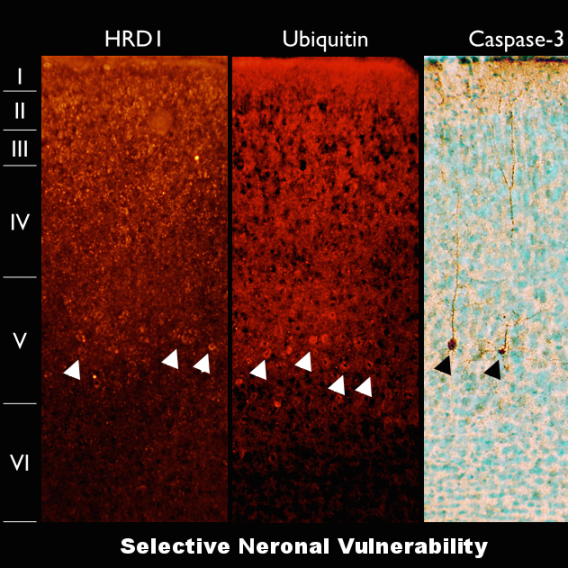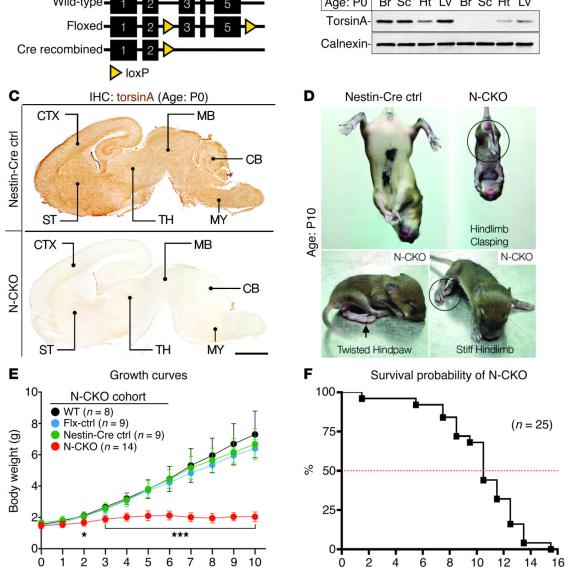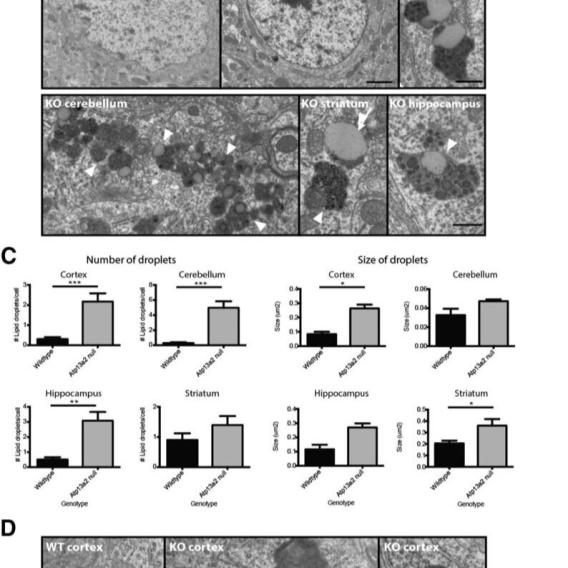Our Goal
We seek to unravel the molecular and cellular mechanisms of diseases that disrupt the motor system. In exploring these diseases, we also aim to understand a fundamental question relevant to CNS disease generally: what factors determine the selective vulnerability of particular cell types or circuits to insults? Our primary focus is on Parkinson’s disease and inherited forms of dystonia. We focus our efforts on disease genes that cause these disorders, employing a range of molecular, cellular, and whole animal studies to dissect the normal role of disease proteins, and how pathogenic mutations lead to disease.

Primary Dystonia
Primary dystonia is a neurological disorder characterized by disabling, abnormal, involuntary movements, which can have devastating consequences for patients. Remarkably, a mutation in a ubiquitously expressed gene causes a disorder that is highly selective for the developing motor system. We develop and employ a variety of mouse genetic and in vitro model systems that enable us to dissect the molecular and cellular mechanisms that explain how a discrete genetic insult disrupts a highly select group of motor structures. This work led to the discovery of a unique type of neurodegeneration provoked by neurodevelopmental processes (in contrast to age related neurodegeneration of PD and related diseases).

Parkinson Disease
Parkinson disease is the second most common age-related neurodegenerative disease after Alzheimer’s disease and is characterized by progressive degeneration of midbrain dopaminergic neurons. Our Parkinson’s disease-related research has focused on mechanisms of degeneration related to abnormalities of alpha-synuclein and leucine-rich repeat kinase 2 (LRRK2), the most common genetic cause of the disease. Our recent work has explored the role of endolysosomal dysfunction in PD-related neurodegeneration, highlighting toxic signals important in cell toxicity that are independent of alpha-synclein dysfunction. In work attempting to understand the reasons for the striking aging-dependence of neurodegenerative disease, we are beginning to explore the role of cell senescence pathways in a novel model of PD neurodegeneration.
